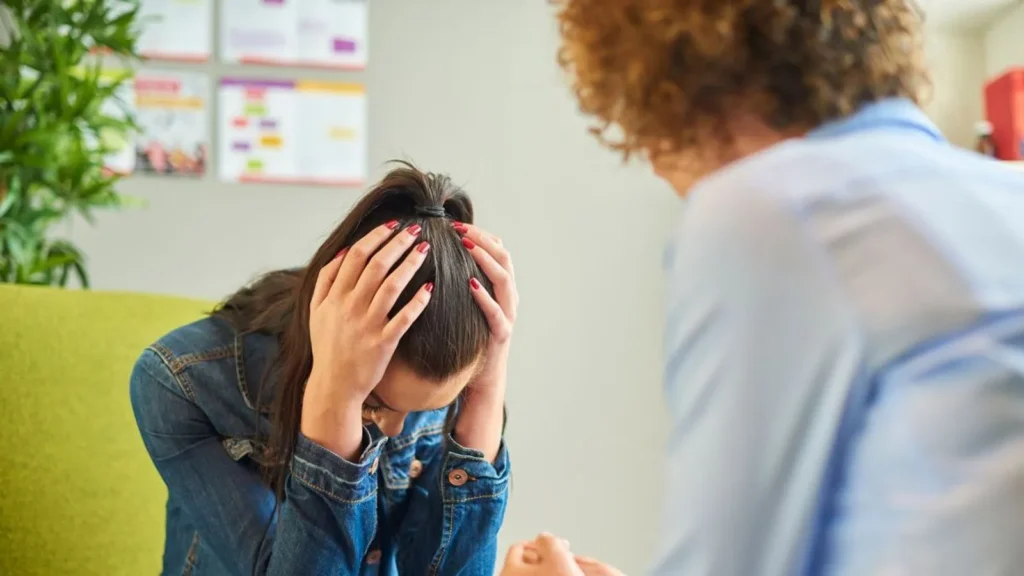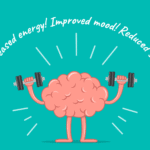
In today’s fast-paced world, teenagers often face academic pressures, social challenges, and the influence of digital media. These factors can contribute to stress, anxiety, and depression. However, emerging research highlights a powerful tool that can aid in improving mental well-being: exercise. This article delves into the science behind how physical activity positively impacts the mental health of adolescents.
Understanding the Connection Between Exercise and Mental Health
Physical activity is not just beneficial for physical health; it plays a crucial role in mental well-being. Engaging in regular exercise can lead to:
- Reduced Stress and Anxiety: Physical activity helps in lowering levels of cortisol, the body’s primary stress hormone, leading to reduced stress and anxiety levels in teens.
- Enhanced Mood: Exercise stimulates the production of endorphins, often referred to as “feel-good” hormones, which can elevate mood and promote feelings of happiness.
- Improved Sleep Patterns: Regular physical activity can help regulate sleep patterns, leading to better quality sleep, which is essential for mental health.
- Boosted Self-Esteem: Achieving fitness goals and improvements in physical health can lead to increased self-confidence and self-worth.
The Neurobiological Effects of Exercise
Engaging in physical activity induces several neurobiological changes that contribute to improved mental health:
- Increased Neuroplasticity: Exercise promotes the growth of new neurons and enhances the brain’s ability to adapt and reorganize itself, which is vital for learning and memory.
- Enhanced Brain Function: Regular physical activity improves blood flow to the brain, enhancing cognitive functions such as memory, concentration, and problem-solving skills.
- Reduction in Stress Hormones: Physical activity helps in reducing levels of stress hormones like cortisol and adrenaline, leading to decreased feelings of stress and anxiety.
The Role of Team Sports
Participating in team sports offers additional mental health benefits:
- Social Interaction: Team sports provide opportunities for social interaction, helping teens build friendships and a sense of community.
- Development of Life Skills: Engaging in team sports helps in developing important life skills such as teamwork, communication, and leadership.
- Emotional Support: Being part of a team can provide emotional support, reducing feelings of loneliness and isolation.

Read About: HIIT for Beginners: A Simple 15-Minute Fat-Burning Workout
Practical Tips for Incorporating Exercise into Daily Life
Integrating physical activity into daily routines can be challenging, but it’s essential for mental well-being. Here are some practical tips:
- Start Small: Begin with short sessions of physical activity, such as a 10-minute walk or a short home workout, and gradually increase the duration and intensity.
- Find Enjoyable Activities: Engage in physical activities that are enjoyable, whether it’s dancing, swimming, cycling, or playing a sport.
- Set Realistic Goals: Establish achievable fitness goals to stay motivated and track progress.
- Limit Screen Time: Reducing time spent on digital devices can encourage more physical activity and improve mental health.

Conclusion
Incorporating regular physical activity into daily routines is a powerful strategy for enhancing the mental health of teenagers. By understanding the science behind exercise and its impact on the brain, parents, educators, and healthcare providers can encourage and support adolescents in leading active lifestyles. Promoting physical activity not only improves physical health but also fosters emotional resilience, cognitive function, and overall well-being in teens.
Author: Sonam










